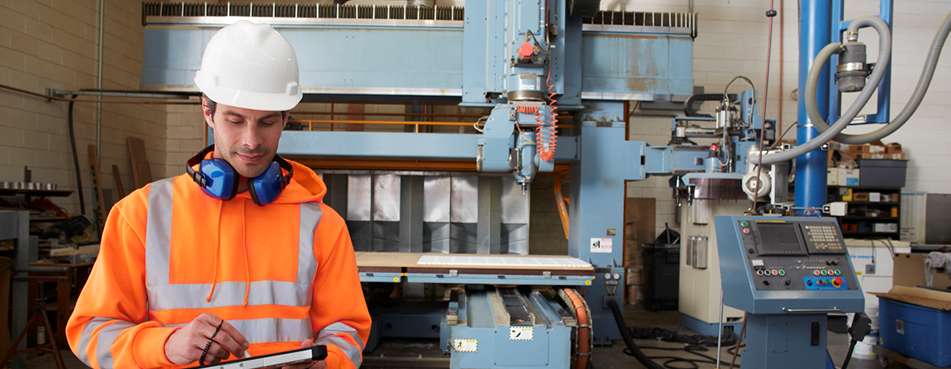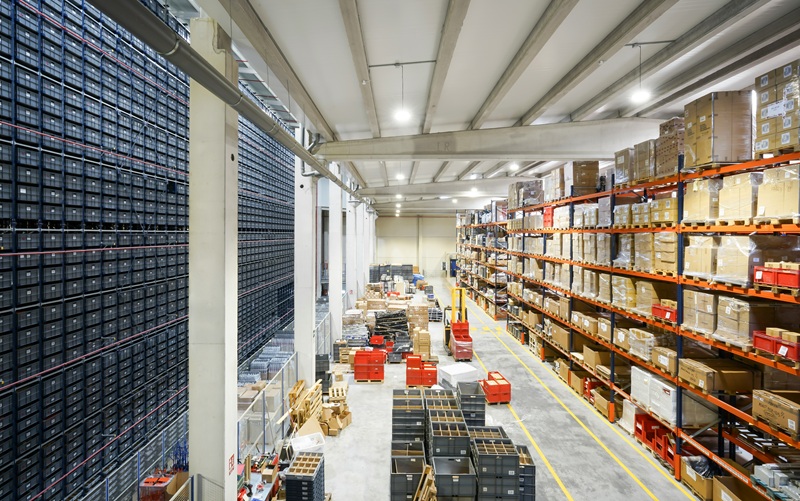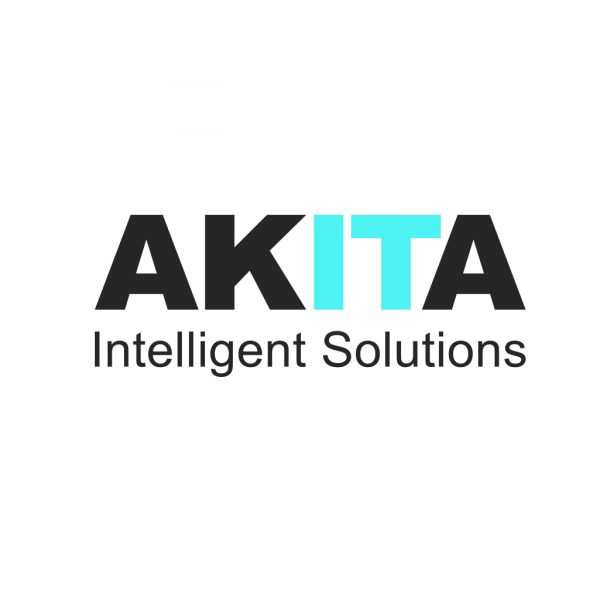During their growth, manufacturers can come to a point where they need smarter ways to keep control of their operations.
Whether it’s managing stock levels, tracking resources, or keeping on top of sales orders and invoicing, manufacturers can benefit from an ERP system for manufacturing that achieves all these tasks – and ideally from one location.
This is the reason that many manufacturers adopt enterprise resource planning (ERP) systems and software to help manage and grow their businesses.
Below we outline what can be achieved with an ERP system for manufacturing:
Reasons To Adopt An ERP System For Manufacturing
Simplify management
When a business is small it’s easier to keep on top of all the different areas. But as it grows and becomes more successful, it becomes harder to keep on top of all the different areas.
Even if the time was available, there are usually so many specialist areas (marketing, sales, production, logistics, accounts and so on) that one person can’t have an in-depth understanding of them all. So an ERP system for manufacturing allows business owners and managers to keep on top of all areas simultaneously.
With all departments using the same platform, all business data is stored centrally. This means that reporting from across the business can be brought together into a single dashboard. The headline performance of each business area is available to see real-time, with the ability to then drill down into each individual area as needed. Rather than try and cover all areas simultaneously, owners and managers can keep track of the bigger business picture and direct their time where it is needed.
Increase process efficiency
Business expansion inevitably means more staff. With multiple people doing the same job, it can become difficult to maintain consistency and efficiency of the process. An ERP system can standardise processes to ensure staff follow the most efficient workflow.
Take quality control of a product as an example. Three workers approaching the task without a common method will create different results at different lengths of time to achieve them. By defining the task in an ERP system, however (with a checklist for staff to follow in Microsoft PowerApps for example) the task can be standardised. All staff then work in the same way and at a similar speed. Processes can be monitored and changes made until all staff are working as efficiently as possible.
Replicate this process across your whole organisation, and the efficiencies generate soon become significant.

An ERP system for manufacturing is designed to reduce costs
ERP systems are great for tracking the use of resources. Whether it is raw materials, workers' time or marketing spend, an ERP system can be used to see how your business costs rack up.
Having in-depth reporting on what is costing your manufacturing business money - and what the results of this spending are - can help you to make cost reductions. For example, an ERP system for manufacturing can be used to report on demand for products against profit margins. If a product is expensive to make and doesn’t sell, you can scale back production and either save money or redirect costs into more profitable solutions.
Finding many small savings soon results in a much larger cost-saving. This can be saved or reinvested.
Increase flexibility
As businesses grow, they can lose their agility. It can become far harder to change production direction to meet fluctuating supply demands. As a result, businesses can miss out on profit and growth opportunities.
The secret to staying agile is knowing what is coming; an ERP system can help with this. Tracking data from across your business you’ll be able to see if your sales pipeline starts to increase for a particular product.
Based on the likelihood of sales occurring, you can then ensure the right resources and manpower are in place to cope with the demand. That way, you won’t be caught short or miss any opportunities as they arise.
Ready To Beat The Competition?
By embracing the benefits of an ERP system - simplifying management, increasing efficiency and profitability, and being able to adapt to change – business leaders create the conditions needed to succeed against their competitors.
With optimised processes and the ability to adapt to demand, a business becomes highly competitive. Any competition will struggle to keep up with this. With a little market insight thrown in as well, your manufacturing business can soon capitalise on its market.
If you think your business is ready for an ERP system for manufacturing? Akita can provide you with a demonstration of a Microsoft Dynamics ERP system and explain how you can adopt this solution.
For more information, please get in touch.





